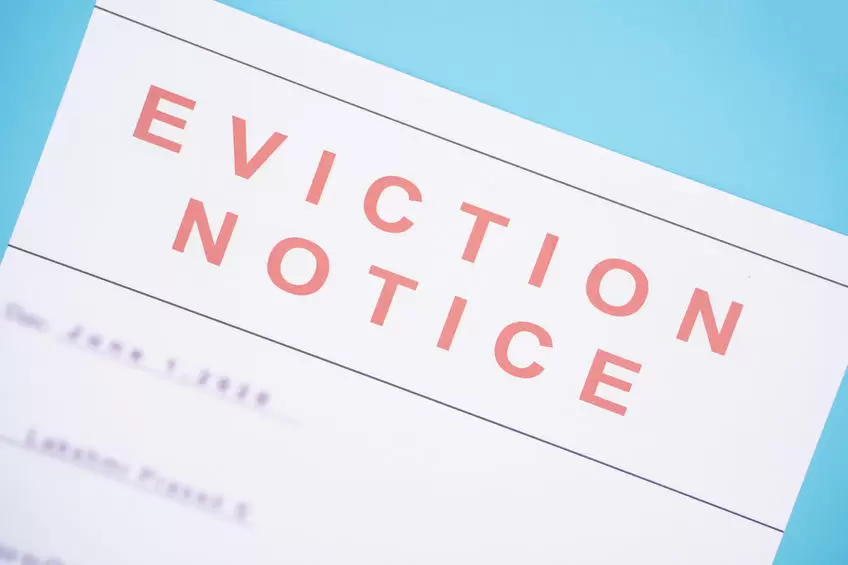
As a Detroit landlord, navigating eviction laws can be a complex yet necessary task. Understanding your rights and the proper legal process can help protect your investment while ensuring fair treatment for all parties involved. Here’s a comprehensive guide to the fundamentals of eviction laws for Detroit landlords.
Grounds for Eviction
In Michigan, landlords have the right to evict tenants under certain conditions:
- Non-payment of rent
- Violation of lease terms
- Damage to the property beyond normal wear and tear
- Unlawful use of the property
Remember, eviction should always be a last resort. Attempting to negotiate a resolution with your tenant can often save both time and money.
Legal Eviction Process
Michigan law requires landlords to follow a specific process to legally evict a tenant.
- Provide Proper Notice: This notice should specify the reason for eviction and, where applicable, give the tenant the opportunity to rectify the situation.
- File a Lawsuit: If the tenant does not comply, you must file a lawsuit in the local district court.
- Court Hearing and Judgment: A judge will hear the case and, if you win, will issue a judgment of eviction.
- Order of Eviction: If the tenant still does not vacate, a court officer can remove them under an Order of Eviction.
Prohibited Actions
Despite the grounds for eviction, landlords are prohibited from:
- Changing the locks without court approval
- Removing the tenant’s belongings
- Threatening or intimidating the tenant
Such actions can lead to legal trouble, so it’s essential to follow the official eviction process.
Understanding and correctly applying eviction laws can be challenging. Mistakes can cost you time, money, and even result in legal penalties.
For expert advice on evictions and other landlord-tenant matters, contact Aaron Cox Law at 734-287-3664. Our knowledgeable team is here to help you navigate the complexities of Detroit’s eviction laws and protect your property rights.
